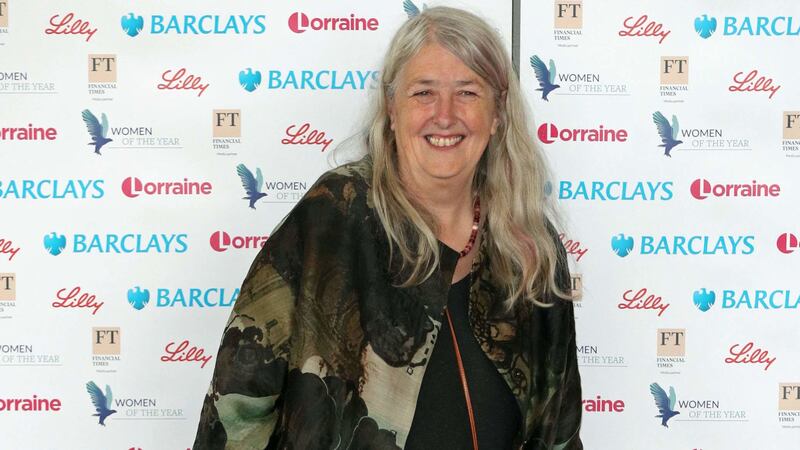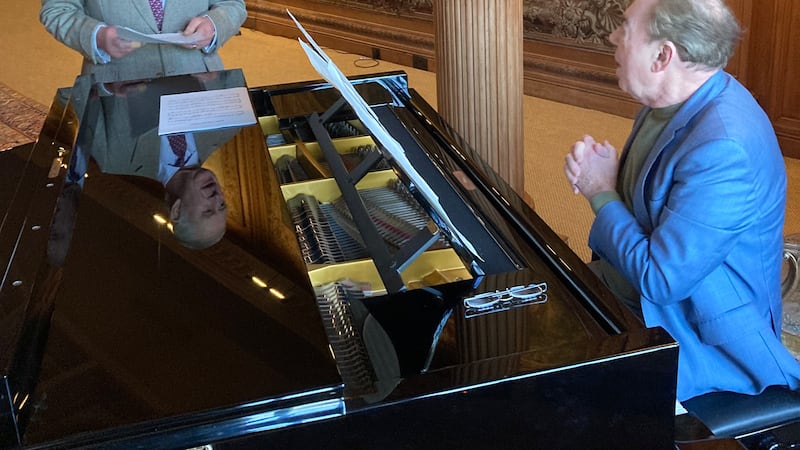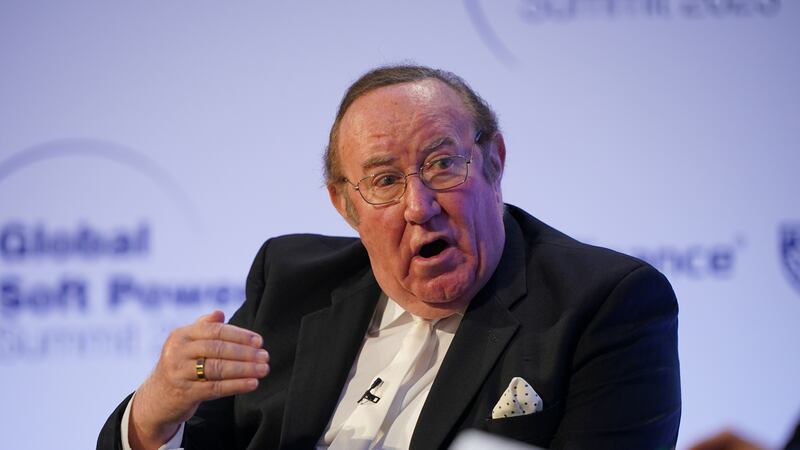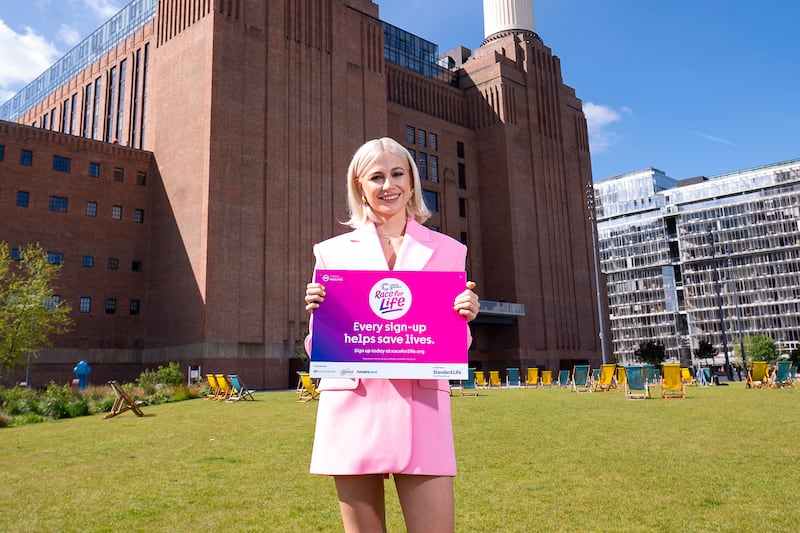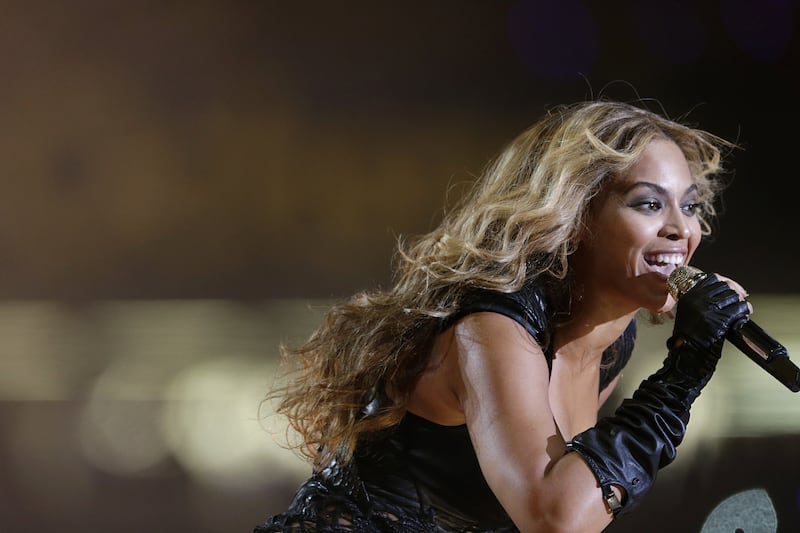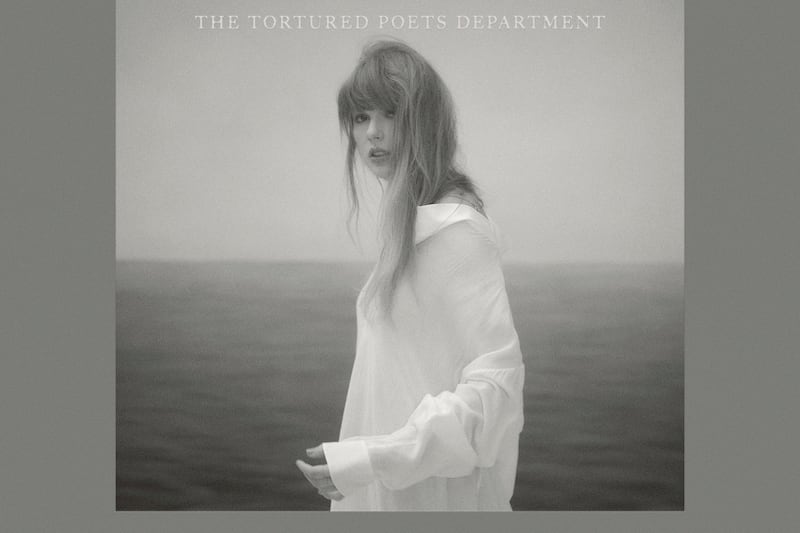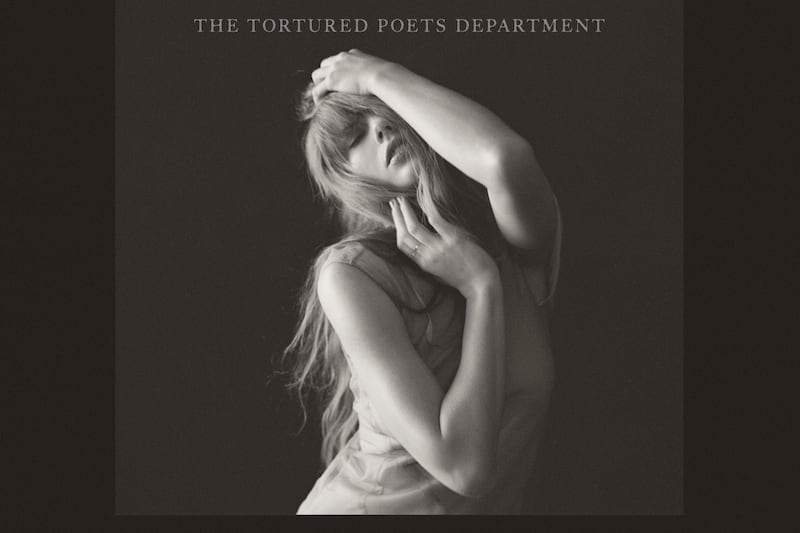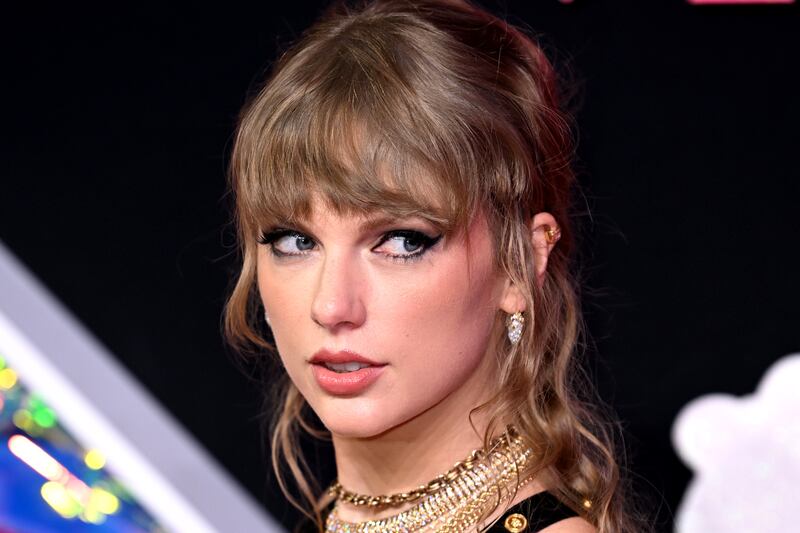Professor Mary Beard says her long, grey hair makes some people anxious – and women are still being labelled “witches”.
The broadcaster, 66, received remarks on Twitter that she looked “like a witch” when she rose to prominence with her early BBC series.
And the classicist said the practice of disempowering women by accusing them of being witches continues today.
“Throughout many periods of history in the West there has been a real worry about what you do with women who are past their childbearing years,” she wrote in Radio Times magazine.
“As I can confirm, women with long grey hair can make people anxious.
“In the ancient Greek and the ancient Roman world, they worried that old women were sexual predators.
“We’ve inherited many of their anxieties and these still fuel the insults some men throw at women today.
“I know that well, as I have frequently been called a witch on Twitter.

“But instead of the accusation of witchcraft being used to put women down, perhaps women can use the power of witchcraft for themselves?”
She added: “We all know what used to happen to witches and for centuries the charge of witchcraft was used to disempower and punish what seemed to be the threat of women in society.
“There was a fear of female agency, a fear of women communing with a supernatural world where – perish the thought! – the patriarchy was not fully in place and, perhaps most profoundly, a fear of older women.”
She said that witchcraft “is seen by its practitioners (today) as a way for women to re-engage with nature and their spirituality and also take back some of the negative power associated with the term.”
The broadcaster is dedicating an episode of BBC Two show Inside Culture to a “phenomenon I think of as a search for other worlds as much as belief in spirit forces”, adding: “We all hope, at times, that there is something else out there.”
The full interview is in Radio Times magazine, out now.
